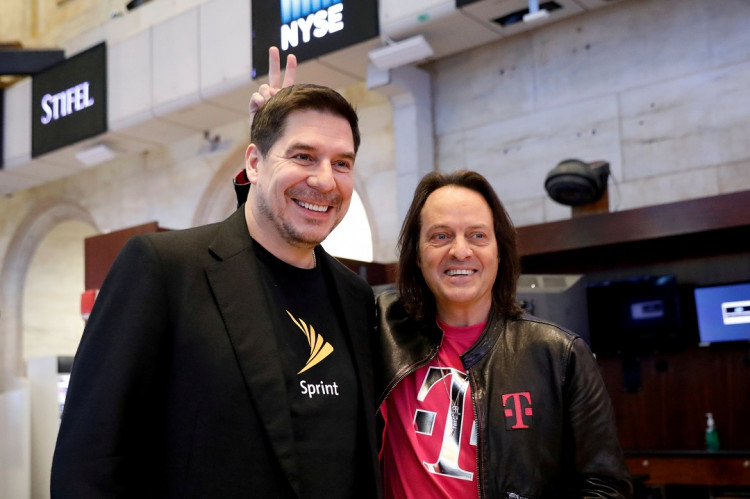Federal Communications Commission (FCC) chairman Ajit Pai formally expressed his support for the approval of the long-planned merger between Sprint and T-Mobile with the submission of a draft order this week. The order was Pai's way of formally recommending the merger and asking for his colleagues' support to vote for the approval of the deal.
Despite widespread opposition and a lawsuit filed by 16 attorneys general, Pai continued to stand by his claim that the merger would be beneficial to consumers as it would promote competition.
Critics of the merger have mentioned that the opposite could happen and that the combination of the US' third and fourth-largest carriers would actually reduce competition in the marketplace, which would lead to higher prices for end-users.
In his letter, Pai mentioned that there is conclusive evidence to suggest that the $26 billion mergers would end up bringing fast 5G wireless services to more Americans and that the tie-up would bring renewed competition to the fixed broadband market. Pai ended his letter by calling on his colleagues to vote to approve the merger.
To counter naysayers of the planned merger, Pai reasoned that the combining Sprint and T-Mobile would give the merged company a leg up in competing against AT&T and Verizon. This would create an environment where the three companies would have equal footing in the rollout of their respective 5G networks, thus promoting competition and lowering prices as a result.
Prior to being allowed to proceed, the merger still needs the approval of two of the other four FCC commissioners. Both Pai and Republican FCC Commissioner Brendan Carr have expressed their support for the merger.
Republican FCC Commissioner Mike O'Reilly and Democratic Commissioner Jessica Rosenworcel have yet to officially announce a decision on where they stand. O'Reilly mentioned in May that he was "inclined to support" the merger, while Rosenworcel wrote on social media that she was still "not convinced" that the merger would benefit consumers.
The merger itself has already been approved by the US Justice Department under several conditions. The Justice Department required the companies to sell their prepaid assets to Dish Network, among other demands. There is also the question of settling the case that had been filed to block the merger, which is scheduled for trial on December 9 this year.
Just this week, the state of Oregon joined the lawsuit to block the merger. This brings the total to 16 states including the District of Columbia. According to Oregon's Attorney General Ellen Rosenblum, the merger will only result in reduced access to affordable wireless service for all Americans, which is why the deal had to be challenged.






